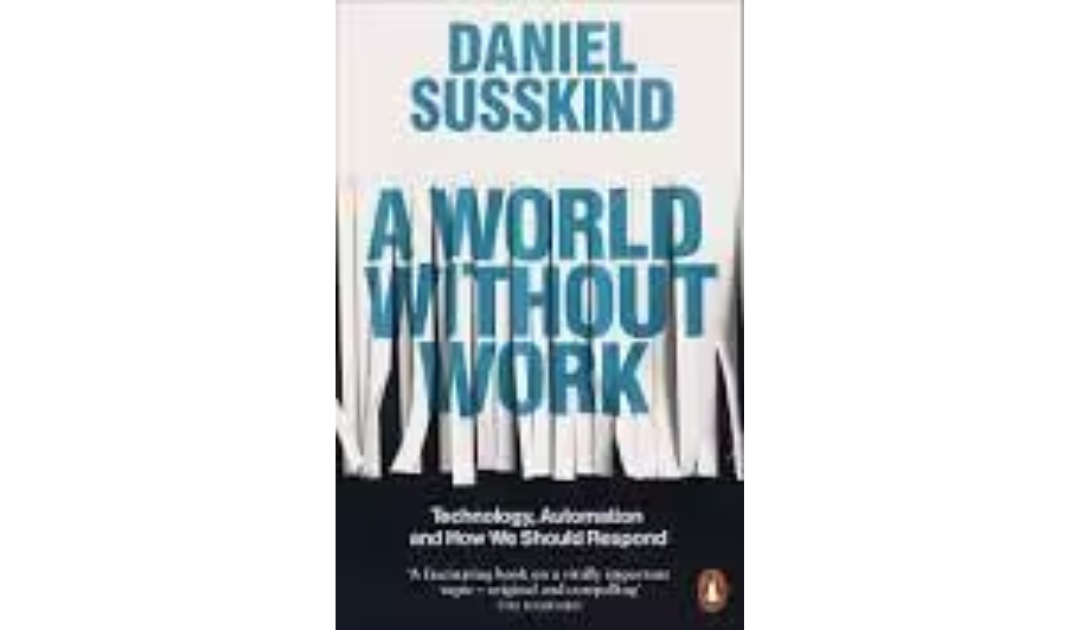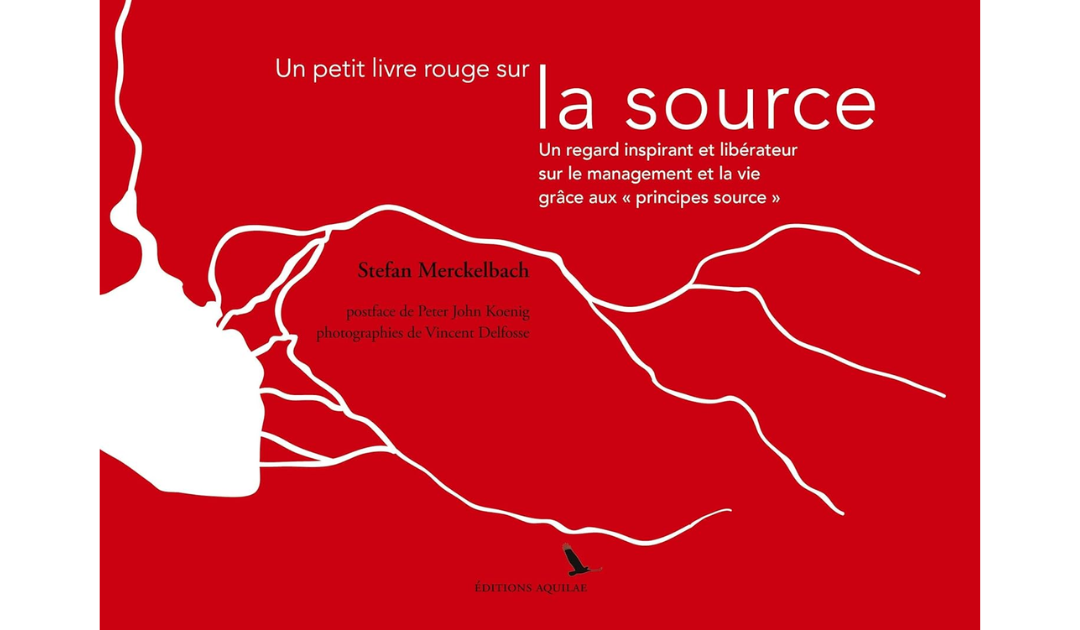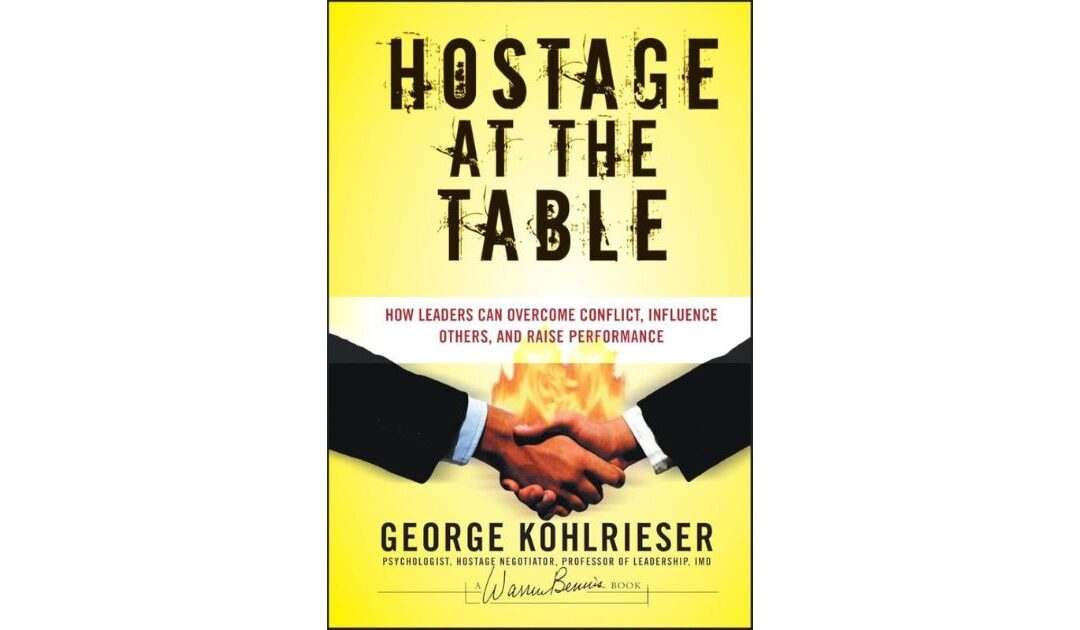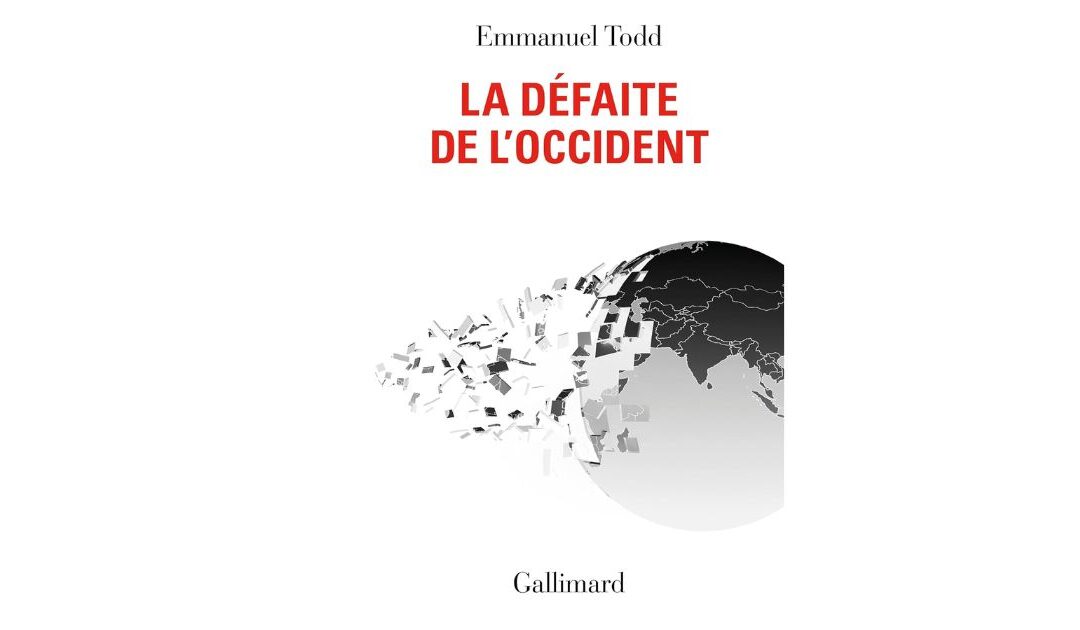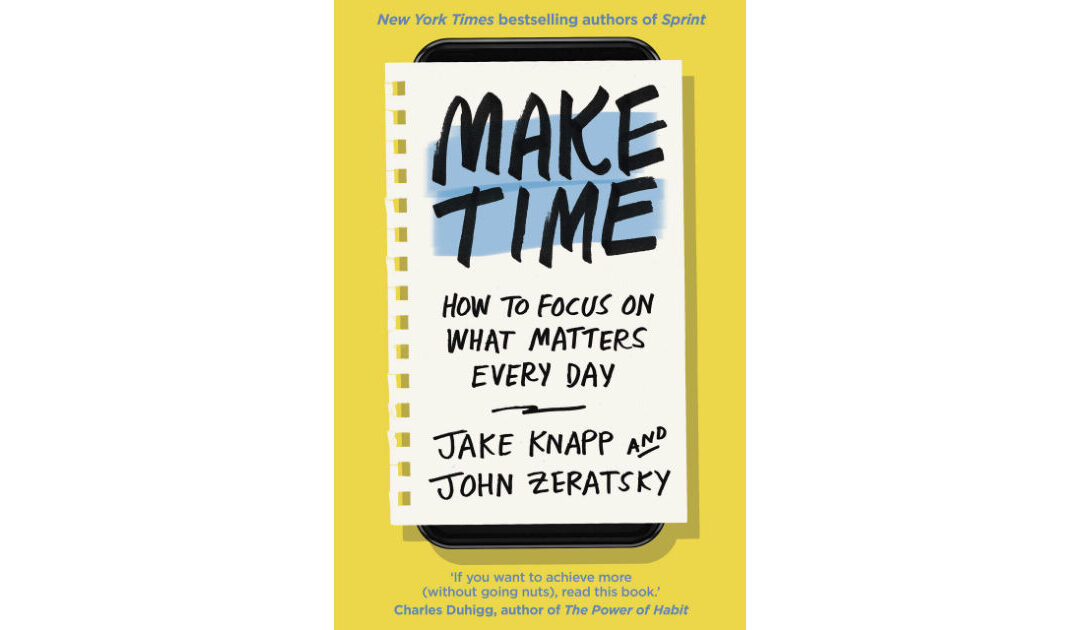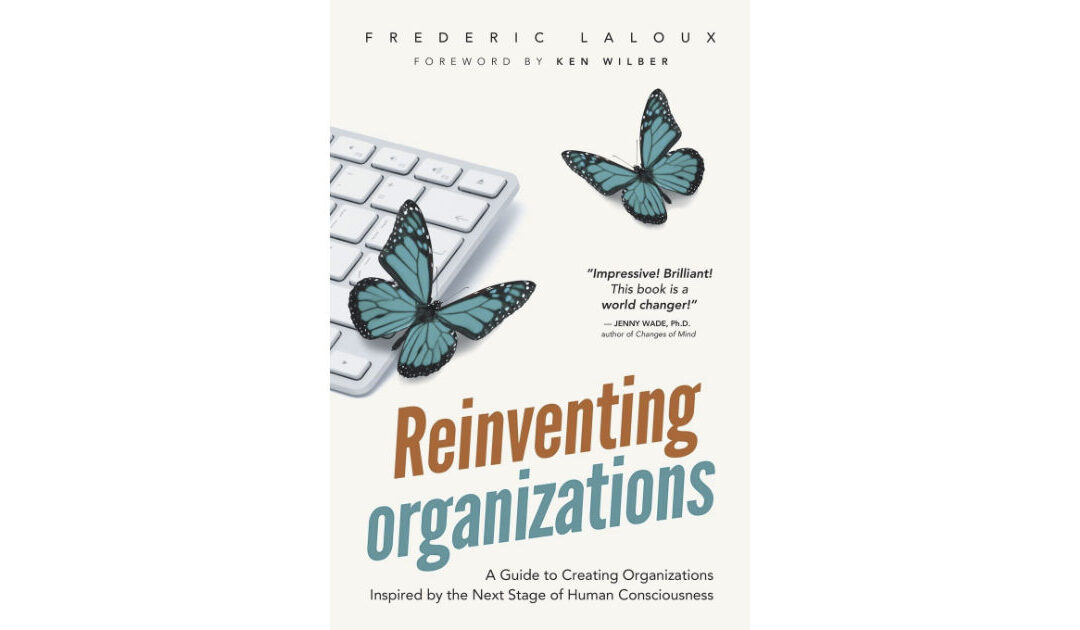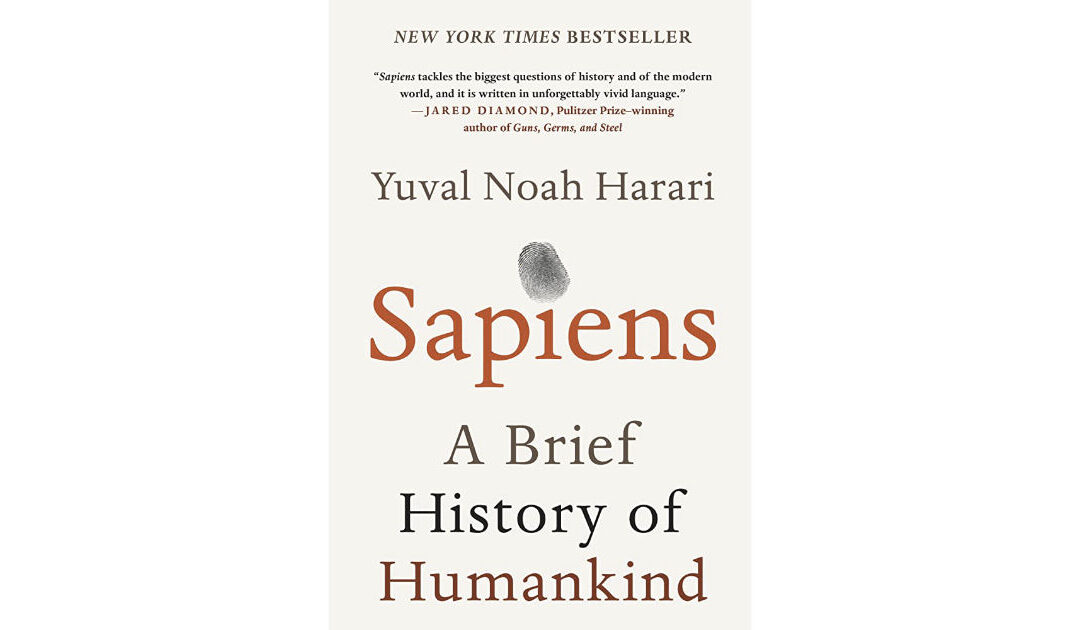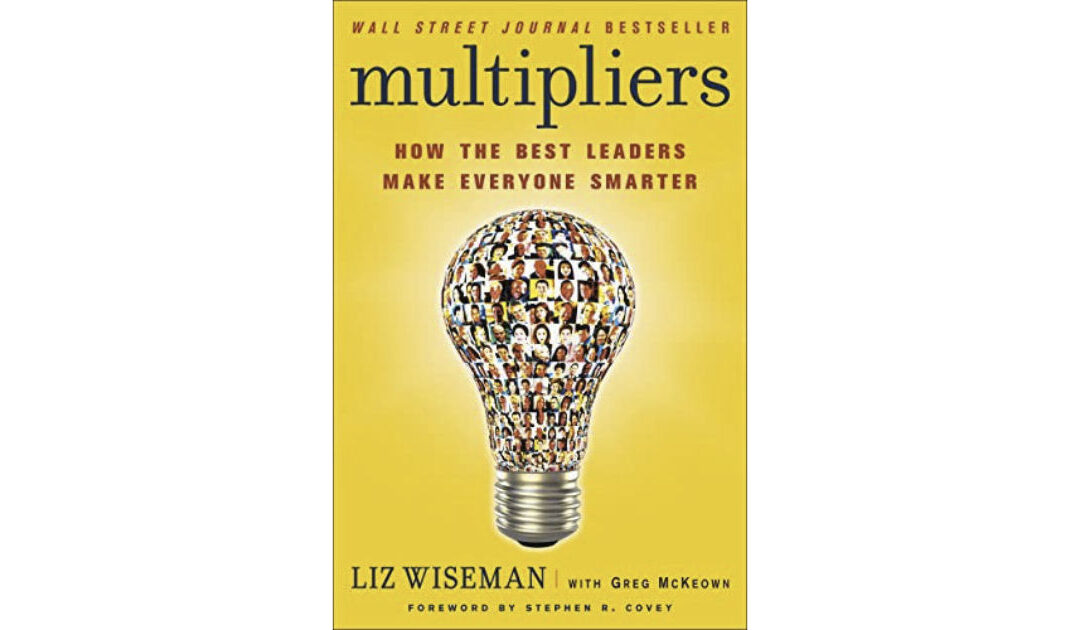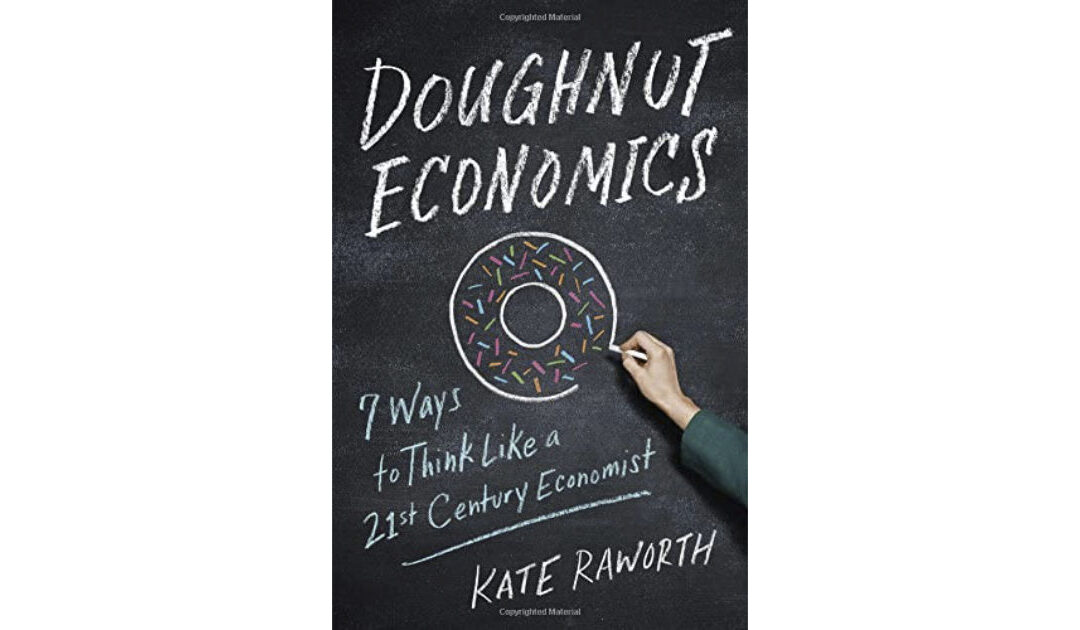Wielding both the stick and the carrot, many companies hang on to a performance management process rooted in individualism and in the rigidity of accounting exercises. What if we valued talent in the service of the shared project?
To each his/her own goal
Terms like team, diversity, inclusion are all the rage in the corporate world. In our fast-paced, systemic, ultra-connected society, everyone is singing these benefits to cope with the complexity of our times.
However, individualism has a hard skin. Concerned with performance to generate growth, our companies hang on to a performance management process based on individual performance. With the rhythm of accounting exercises, objectives are cascaded from the top of the organization so that the performance of each person can be judged, rewarded or sanctioned. An ingenious system where the sum of individual performance should mechanically result in collective performance, usually expressed in financial terms.
With objectives and bonuses, we reinforce egos, we create silos, we distort the collective.
By wielding the stick and the carrot, by advocating hierarchy, we continue to promote rigid individual objectives. What does it matter if all employees perform at 90% while the organization fails to meet its ambition? Why do performance management processes remain rooted in individualism and in the rigidity of accounting exercises, on the fringe of the operational reality of companies?
Contributing to the shared challenge
Hasn’t the time come to promote the common good beyond the individual interest?
Agile methods work differently and are inspiring: collective, adaptive and relational replace individualism, planning and resources. With collectively defined ambitions, deadlines adapted to the size of the team, teams that carefully cultivate collective and individual energy. In a team driven by a shared project, the translation of ambition into collective objectives and the collective evaluation of the team’s performance – of and by the team – seem to be common sense. Each person makes the contribution that makes sense to achieve this collective objective. At a frequency adapted to the objective rather than to the accounting year. Individual feedback is then expressed in terms of personal contribution to the collective target.
Collective performance is not the sum of individual contributions but a multiplier.
By starting from the collective, by reversing the mechanics, we promote the shared interest and highlight the talents of each person to achieve it. We promote a culture of learning and improvement rather than judgment and punishment. The collective, the new leader, will spontaneously expel the slackers who don’t fit in.
Of course, all this requires letting go, trust and shared interest. It requires taking care of the collective, developing a spirit of solidarity and mutual aid. When will we understand that the real strength of homo sapiens, the one that has allowed us to develop as humanity, is its formidable collective energy?

